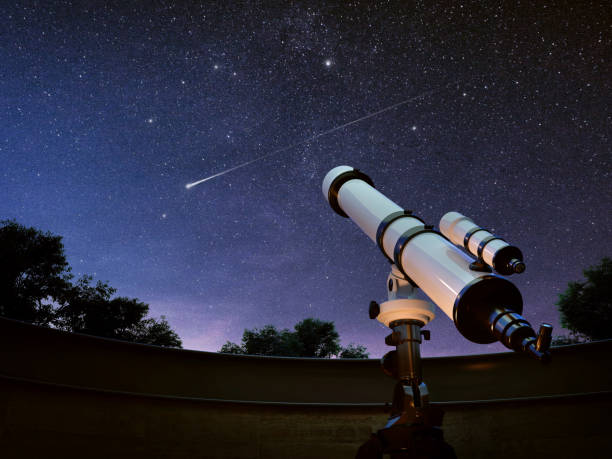Embracing Astro-Tourism: Stargazing Adventures Redefine Travel
Imagine a vacation where the night sky becomes your ultimate destination. Astro-tourism, a burgeoning trend in the travel industry, is captivating adventurers worldwide. This cosmic pursuit combines the thrill of exploration with the awe-inspiring beauty of the universe, offering travelers a chance to disconnect from the mundane and reconnect with the celestial. As light pollution diminishes our ability to see stars in urban areas, astro-tourism provides a unique opportunity to witness the majesty of the cosmos in its full glory.

Dark Sky Destinations: Where Stars Shine Brightest
The International Dark-Sky Association (IDA) has been instrumental in promoting astro-tourism by certifying locations with exceptional starry nights and minimal light pollution. These Dark Sky Places have become hotspots for celestial enthusiasts. From the Atacama Desert in Chile to the NamibRand Nature Reserve in Namibia, these destinations offer unparalleled views of the Milky Way, planets, and even distant galaxies.
Astronomical Events Driving Travel Trends
Celestial events have become major drivers for astro-tourism. Solar eclipses, meteor showers, and rare planetary alignments are now catalysts for travel planning. The 2017 total solar eclipse that crossed the United States sparked a surge in domestic travel, with millions of people flocking to the path of totality. Similarly, the Northern Lights continue to draw visitors to Arctic regions, with countries like Iceland and Norway experiencing tourism booms during peak aurora seasons.
Technology Enhancing the Stargazing Experience
Advancements in technology have made astro-tourism more accessible and engaging. Smartphone apps can now identify constellations and planets, while powerful portable telescopes allow travelers to peer deeper into space. Some observatories and resorts offer high-tech experiences, such as remote-controlled telescopes that visitors can operate from the comfort of their rooms, bringing the stars closer than ever before.
The Economic Impact of Astro-Tourism
The growing popularity of astro-tourism is having a significant economic impact on rural and remote areas. Many of these locations, often struggling with declining traditional industries, have found a new source of revenue in stargazing travelers. Hotels, tour operators, and local businesses are adapting to cater to this niche market, offering specialized services and creating jobs in the process.
Celestial Travel Tips for the Aspiring Astro-Tourist
• Plan your trip around the lunar calendar; new moons offer the darkest skies for optimal stargazing
• Invest in red-light headlamps to preserve night vision while navigating in the dark
• Consider joining a stargazing tour for expert guidance and access to professional equipment
• Pack layers; nighttime temperatures can drop significantly, even in warm climates
• Learn basic astrophotography techniques to capture your cosmic memories
As we look to the stars for inspiration, astro-tourism offers a profound way to explore our planet and beyond. This celestial pursuit not only satisfies our innate curiosity about the universe but also fosters a deeper appreciation for the natural world and our place within it. Whether you’re watching meteors streak across the sky or marveling at the rings of Saturn through a telescope, astro-tourism promises an unforgettable journey that transcends the boundaries of traditional travel.





